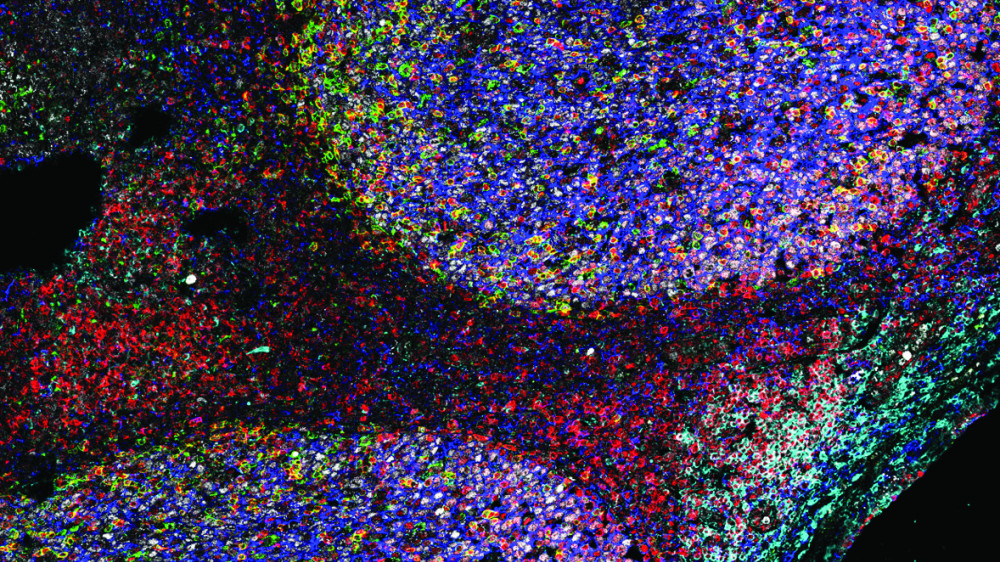Have you published a paper that describes outstanding and original work that has or could have major impacts on the replacement, reduction or refinement of the use of animals in research? If so, then you should apply for the annual NC3Rs 3Rs Prize which is co-funded by GSK to recognise a paper published in the last three years with demonstrable 3Rs impacts.
This prestigious award consists of a £28k prize grant and a £2k personal award. A £20k contribution is provided by GSK with all remaining funds, including the personal award made by the NC3Rs.
For further information on the 3Rs Prize, please contact 3Rsprize@nc3rs.org.uk.
What is the 3Rs Prize?
The 3Rs Prize award consists of a £28k Prize grant and a £2k personal award.
Where a publication is highly commended by the Panel, a £4k Prize grant and £1k personal award may also be awarded.
In previous years, the Prize grant has been used to:
- Update a 3Rs in silico modelling software to increase usability and extend its use within industry.
- Optimise a 3Rs method to test novel vaccine candidates to provide data for grant applications.
- Fund personal salary enabling the researcher to further establish themselves in a 3Rs field.
- Purchase new equipment to increase the experimental capabilities of a 3Rs in vitro method.
- A follow up in-depth characterisation study to further validate a 3Rs in vitro method.
Who can apply?
What types of papers are eligible?
The primary research must have been published in a peer-reviewed journal between 1 September 2021 and 1 September 2024. Papers that are in press by 1 September 2024 will also be considered. Primary research includes any experimental or laboratory-based research. Review articles (including systematic reviews and meta-analyses) are not eligible.
Eligible papers include those where the main purpose of the research was to achieve a 3Rs impact as well those where the 3Rs impacts were a secondary benefit.
Who is eligible?
The Prize is awarded to an individual who may be the Principal Investigator, research lead or any other author. Any researcher in academia or industry, in the UK or overseas is eligible.
Where there are multiple named individuals who substantially contributed to a manuscript (e.g. joint first authors), the Prize can be awarded collectively. This should be made apparent in the application form.
How to apply
A 3Rs Prize nomination form should be completed with the research paper attached and emailed to 3Rsprize@nc3rs.org.uk. Guidance on completing the nomination form is also available.
Assessment procedure
Applications are assessed by a 3Rs Prize Selection Panel.
Entries are assessed by the 3Rs Prize Selection Panel based on:
- The actual and/or potential impact on the 3Rs.
- Importance of the research question.
- Transparency and robustness of the study design.
- How well the impacts (3Rs and scientific) have been disseminated to date.
- Strength of plans for the prize grant.
- Potential impacts for the research, 3Rs and development of the individual.
3Rs Prize selection panel
| Member name | Institution | Term ends |
|---|---|---|
| Professor Julia Buckingham (Chair) | Institute of Cancer Research | 2027 |
| Dr Michelle Embry | Health and Environmental Sciences Institute (HESI) | 2025 |
| Dr Lorna Ewart | Emulate | 2026 |
| Professor Lars Lewejohann | Freie Universität Berlin | 2026 |
| Dr Dominick McIntyre | CRUK Cambridge Centre | 2026 |
| Professor Dan Weary | University of British Columbia | 2026 |
| Professor David Wood | University of Minnesota | 2026 |
| Professor Ferran Sanz | UPF | 2026 |
| Professor Laura Greaves | Newcastle University | 2026 |
| Dr Peter Oliver | MRC Harwell | 2026 |
| Professor Manuel Salmeron-Sanchez | The University of Glasgow | 2026 |
| Professor Martin Clift | Swansea University | 2026 |
Conflicts of interest
All Panel members are required to declare any private, professional or commercial interests that give rise to, or could give rise to, a conflict of interest as detailed in the UKRI conflicts of interest policy.
Past winners
A systematic and scalable approach to assess antibody performance to improve reproducibility and drive the uptake of animal-free alternatives.

A human cell-based assay to test follicle-stimulating hormone potency in fertility hormone testing.
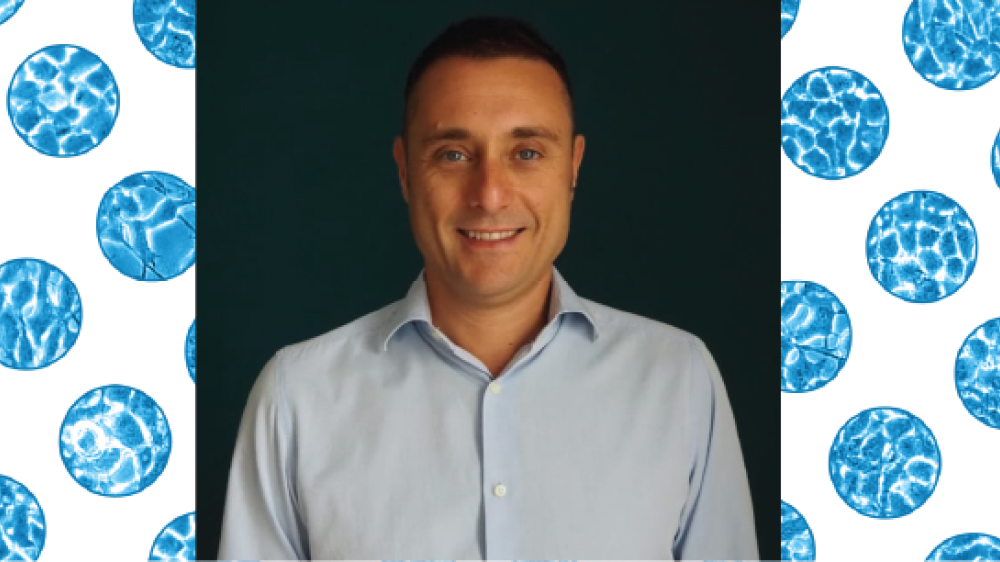
An animal-free organoid model of the adaptive immune response to support the rapid development of broadly protective vaccines.
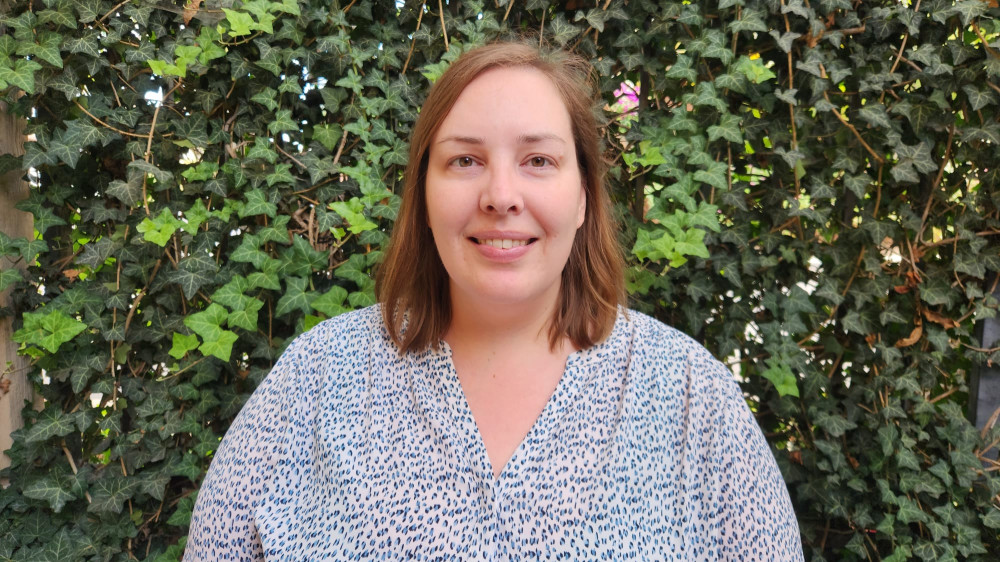
A method to enable organ-on-a-chip systems to be designed, developed and printed with commercially available equipment and materials.
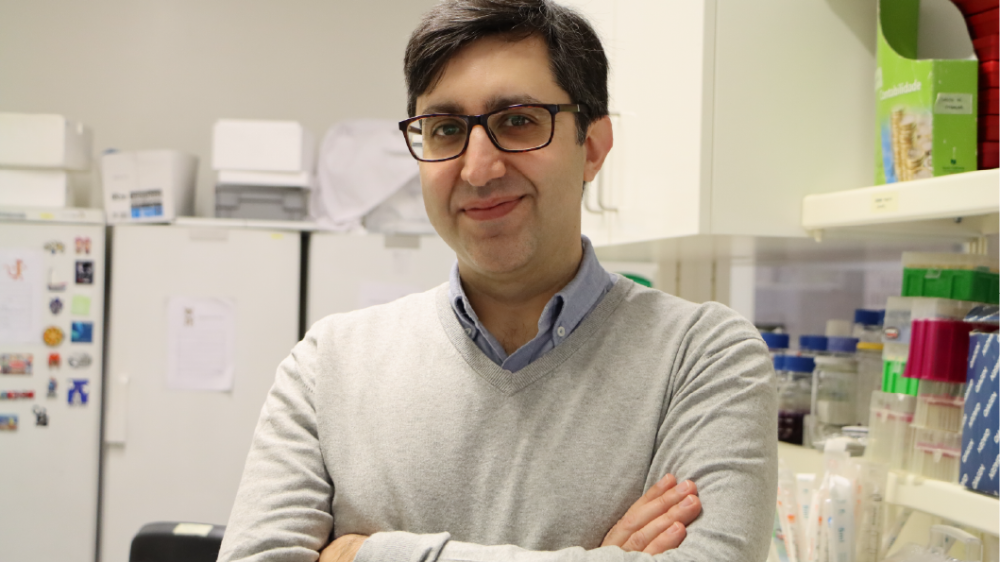
A method for developing cerebral organoids representative of the choroid plexus, the protective barrier between the blood and the cerebrospinal fluid (CSF), similar to the blood-brain barrier.

Jointly awarded for papers describing research that reduces the number of chickens (Nunn) and mice (Shahbazi) used in research.
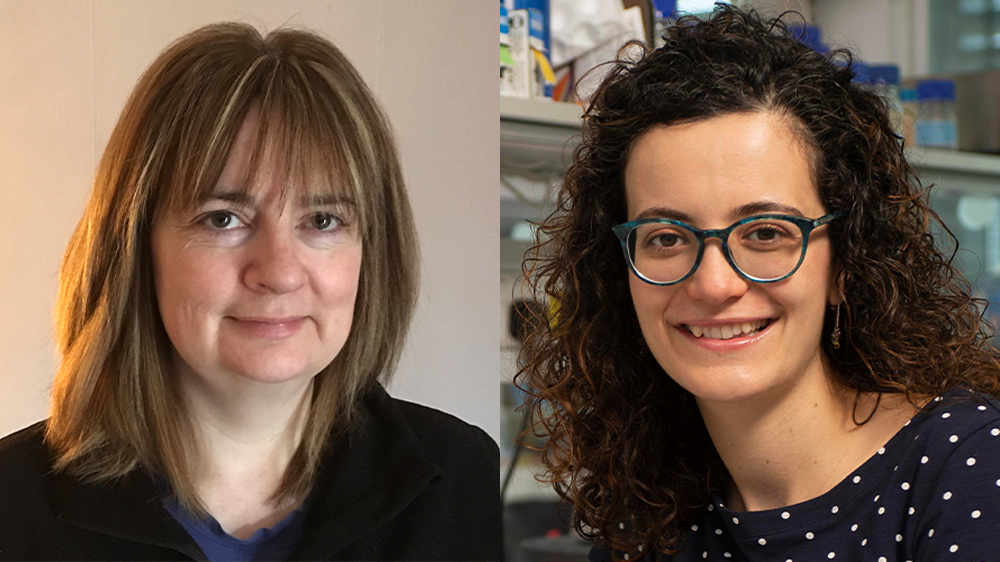
The use of patient-derived stem cells to study motor neuron disease.
An in silico model that predicts the risk of drug-induced heart arrhythmias more accurately than animal studies.
Evidence that natural behaviours such as burrowing and standing upright are important for the welfare of laboratory rats.
The first 3D model of the human embryonic brain using human induced pluripotent stem cells and an improved technique of oral dosing in dogs.
A computer model of cardiac electrophysiology that incorporates natural variability, offering the potential to screen cardiac drugs without using animals.
A culture system that enables adult mouse stem cells to grow and expand into fully functioning three-dimensional liver tissue.
An innovative 'lung-on-a-chip' microdevice that can accurately replicate conditions in a diseased human lung, offering a viable alternative to using animals in preclinical drug testing.
The use of artificial liver cells to model inherited metabolic disorders of the liver has the potential to reduce the number of animals used in this type of research.
Non-aversive methods for handling mice.
An optimised culture medium for growing mouse embryonic stem (ES) cells and utilised it to derive ES cells from non-obese diabetic (NOD) mice.
The potential of stem cells to protect vulnerable nerve cells in the injured retina.
A new application of DNA fingerprinting which replaces the need for using animals in schistosomes research.
Refinement of techniques for the propagation of Leishmania donovani in hamsters.
Emergence of a 'hyperinfectious' bacterial state after passage of Citrobacter rodentium through the host gastrointestinal tract.

